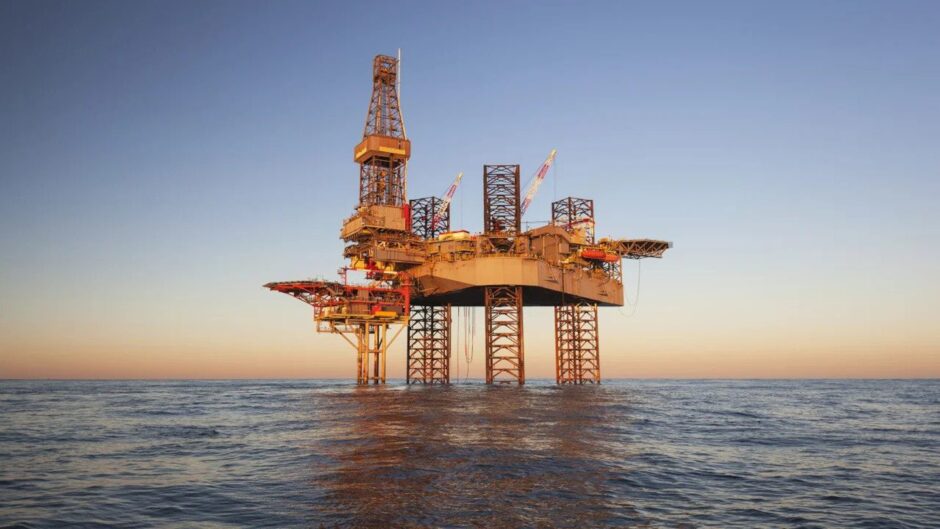
In August, the International Association of Oil and Gas Producers (IOGP) celebrated its 50th anniversary since its founding in London.
In that time, the IOGP has given major players including BP, Shell, Total and Exxon a unified voice and a space to collaborate on issues facing the oil and gas sector.
For IOGP chief executive officer Graham Henley, the organisation’s success in lifting offshore safety standards stands as its greatest achievement.
But speaking to Energy Voice, he said safety wasn’t the immediate focus of the IOGP when it was first founded.
Initially, collaboration among IOGP members mainly extended to sharing weather forecasting data in the harsh environment of the North Sea.
“We were venturing into the northern North Sea and other frontier areas, and the common problems in those days were associated with those harsh conditions,” Henley said.
“The first committees that we established were around weather forecasting, offshore structures, key things that enable us to work safely and successfully develop those areas.”
Offshore safety
But with North Sea oil workers in the 1970s ten times as at risk of death as coal miners, according to a British Medical Association report published in 1975, the IOGP turned its attention to improving the industry’s safety record.
In 1985, the group started measuring and recording safety data and in the nearly 40 years since then, Henley said the industry has seen a 90% reduction in its fatal accident rate.
“Now of course, the IOGP can’t claim the credit for that, we’ve contributed to that success, but I think if I wanted to highlight one single thing that we’ve seen change in the industry in the last 50 years, it’s safety,” he said.
Henley himself has experience of working in the North Sea at a time where safety standards were not what they are today.
“I started working with Shell in 1983 and after a year’s training, I was doing my graduate rotation out of Aberdeen,” he said.
“I lost colleagues when the Chinook went down off Sumburgh in 1986, and the industry back in those days was completely different than it is today.
“In some ways, the IOGP has played a small part in the transformation that we’ve seen over that time.”
Helicopter safety
Despite the progress, and the numerous safety innovations developed by the UK supply chain, Henley said there is still more work to do in improving process safety.
“We still see the number of process safety incidents going down, but there’s still a concerning number and there’s more that we can do in that area,” he said.
“The IOGP has also been very much involved in trying to codify work around human behavioural principles [and] human performance factors that play a big role.
“The way we react, respond to incidents, the way that we try to enable people to fail safely, that’s really important.”
The IOGP has also been vocal in recent months about the issues faced by offshore helicopter operators due to a spare parts shortage for the Sikorsky S-92.
The S-92 is the main helicopter used for offshore flights since the abandonment of the Airbus Super Puma, and the IOGP has raised concerns over safety and operational risks.
In a safety notice published in August, the IOGP said a “significant number” of its members are applying punitive financial penalties to helicopter operators over the supply chain situation.
This is contrary to the actions the IOGP recommended in October 2023 and is putting flight operators under “financial and operational strain” and the “conditions for human factors related incidents” are high as a result.
Henley said the notice shows “there’s still more to do” in mitigating operational and safety risks across aviation in the oil and gas sector.
Changing needs of upstream oil and gas
Outside of its ever-present focus on safety, Henley said in recent years the IOGP has broadened its scope to cover the wider energy transition.
“We recognised that our primary focus is to serve the upstream oil and gas industry, but that the needs of the industry were changing,” he said.
Part of that shift is to help codify best practice in areas like methane emissions reduction, carbon capture and storage (CCS), and energy efficiency.
“The work is still ongoing, but it’s reached a point where I think that we can be proud that we’ve issued a number of pieces of important guidance for industry,” Henley said.
“In the same way as our members decided very early on many years ago that we didn’t compete in safety… that’s an area where we shouldn’t compete and that our member companies are very willing to share that best practice.”
Henley said firms are increasingly treating carbon in the same way as other project costs, aiming to be as “carbon efficient” as possible.
But despite some initial success in reducing North Sea emissions, some firms continue to breach regulations amid warnings more investment is needed to meet 2030 targets.
Henley said there is “always a trade-off” between investing in emissions reduction technologies and the costs of implementing them.
Emissions reductions
Government policies are also playing a role in decisions on emissions, Henley said.
Countries including the UK, Norway and Mexico have all introduced carbon pricing mechanisms which apply to oil and gas producers, as has the EU.
A report from the International Monetary Fund found climate policies and the associated uncertainty have a “detrimental impact” on upstream investment.
But a study published in March this year also found that of the 100 largest oil and gas companies, the majority of those with a public position on carbon taxes agree with their implementation.
According to Henley, the biggest drivers towards decarbonisation investment are targets collectively set by the industry itself rather than measures like carbon taxes.
He pointed towards the recent COP 28 summit, where more than 50 firms signed the Oil and Gas Decarbonisation Charter.
“Now there are some really clear targets there that they’ve signed up to and are willing to be measured against,” Henley said.
“If you look at the commitments in the oil and gas decarbonisation charter for some of the biggest international and multinational companies, some of those commitments weren’t new.
“But I think what is new in the oil and gas decarbonization charter is that there are many smaller companies and national oil companies as well for those commitments.”
There is also an “expectation” within the charter that firms will share best practice and provide mutual support, Henley said, which the IOGP continues to support.
Impact on energy transition supply chain
But many observers have criticised these initiatives as “distractions” rather than legitimate climate action.
Major producers including BP and Shell are also scaling back their energy transition ambitions as their investment stalls.
In the UK, falling confidence, a lack of investment, late payments, political uncertainty and delaying tactics are all impacting the wider energy supply chain.
In July the Energy Industries Council warned many smaller companies are “losing patience” as they wait for large firms to commit to energy transition projects.
But Henley said major firms are “continuing to invest” as they “learn their way into that part of the industry”.
“It’s a new and emerging area and many of them are still learning how to [invest in] that successfully,” he said.
“They are still deploying serious capital, but what they’ve been a little bit more rigorous in doing is trimming their pre-investment portfolio of things which could clearly never get off the ground.
“There are some low carbon projects which were in some of the majors’ portfolios which had a very low chance of success, and I think people have just been a bit more diligent in tipping the portfolio to things which can be investable in the short term.”
Oil majors energy transition
While BP and Shell are looking to reduce their exposure to the offshore wind sector, other majors like TotalEnergies and Equinor are continuing to bid for leases.
Investments in hydrogen and CCS projects are also starting to make progress, alongside efforts to decarbonise offshore operations through floating wind.
But amid heightened public scrutiny and legal challenges, Henley said the industry will ultimately be judged on demonstrating its commitment.
“I think the challenges that are faced in the UK are not dissimilar to those faced all around the world,” he said.
“That sort of public scrutiny is going to continue, and the pressures on the oil and gas industry and oil and gas investment is always going to be balanced by the discussions around employment, local development and access to energy.
“IOGP has changed tremendously over its 50 years, our industry has as well, and it’s going to continue to change and we’re going to continually face new challenges.”
Recommended for you

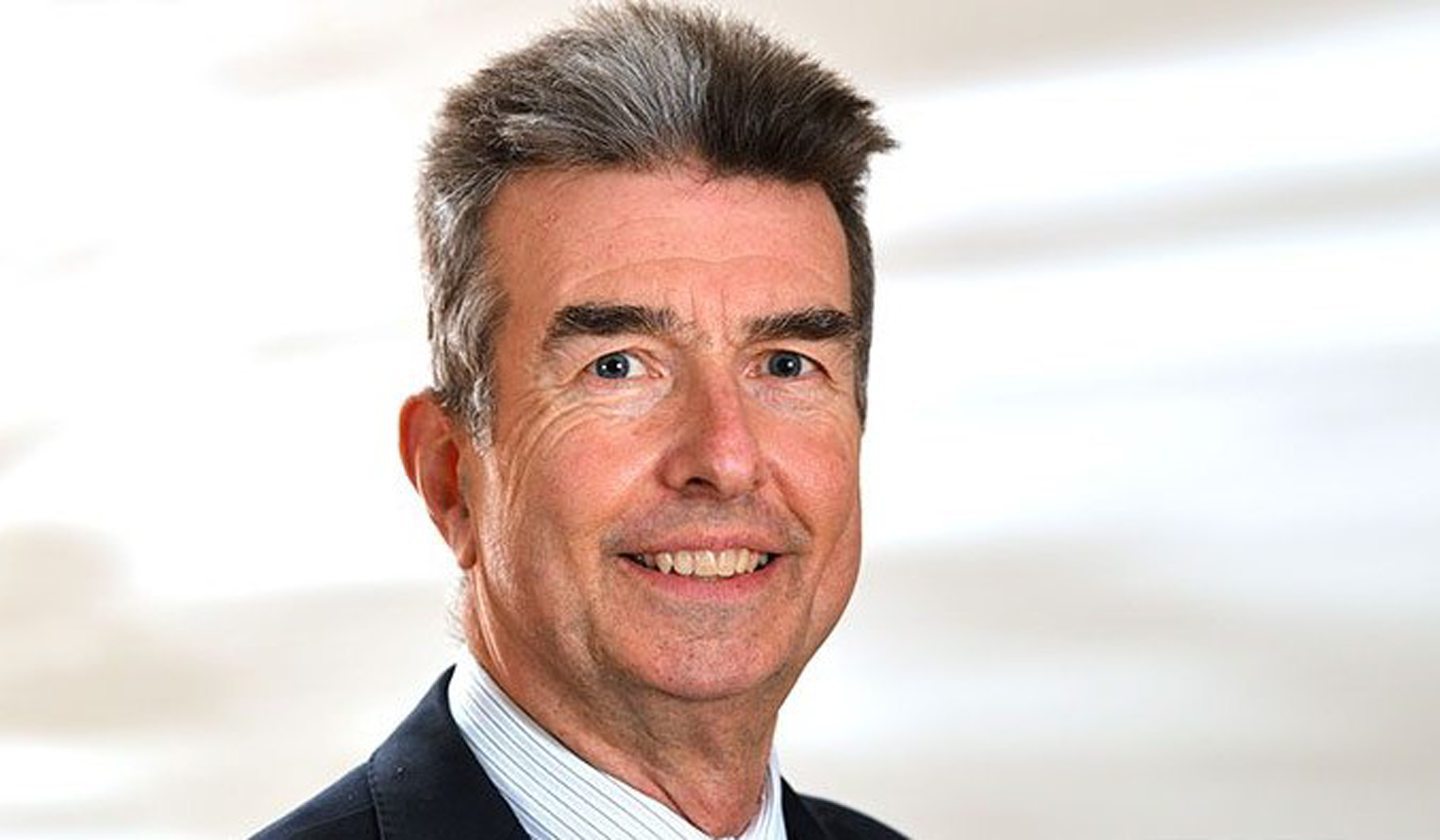 © Supplied by IOGP
© Supplied by IOGP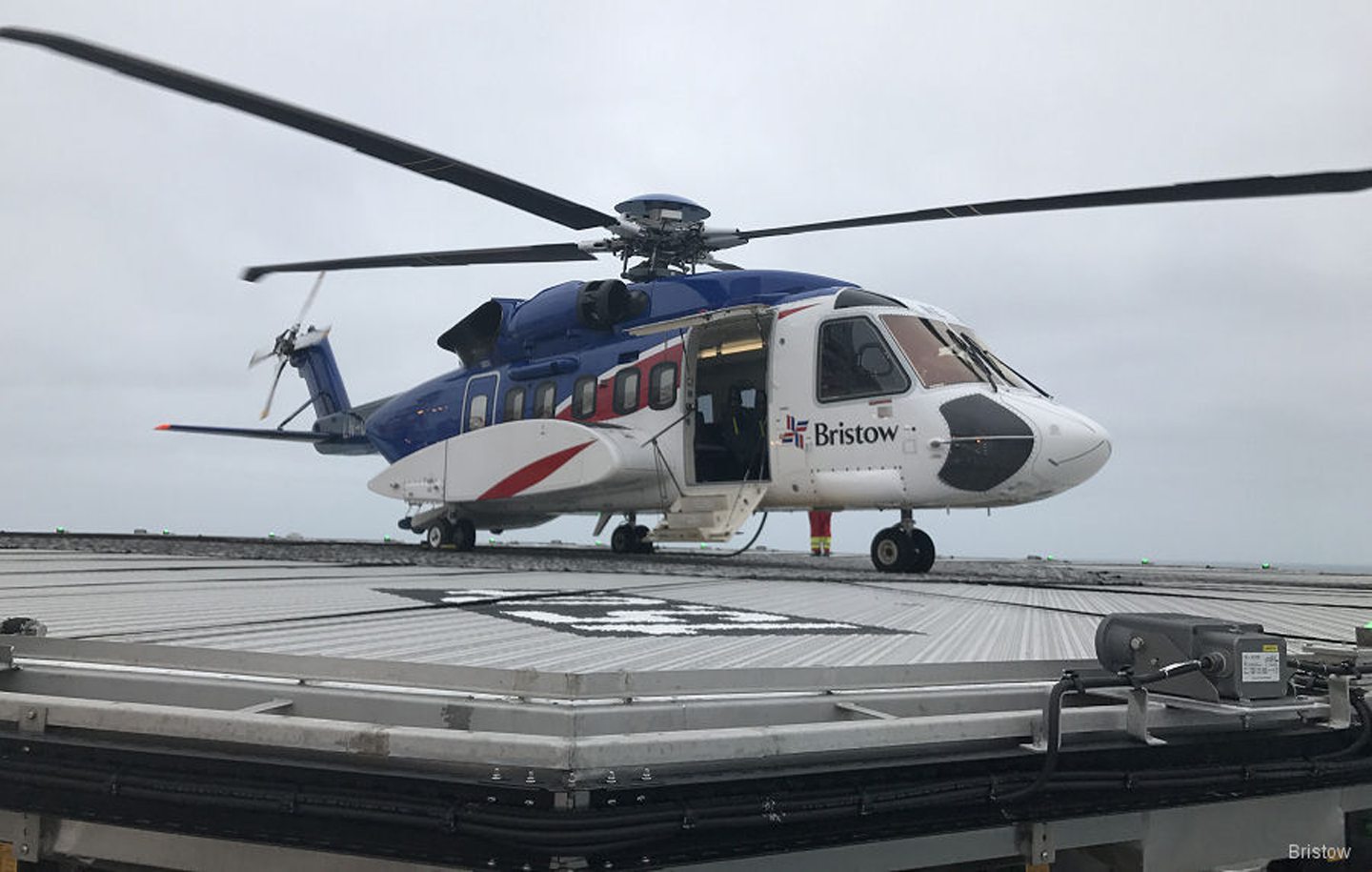 © Supplied by Bristow
© Supplied by Bristow © Shutterstock
© Shutterstock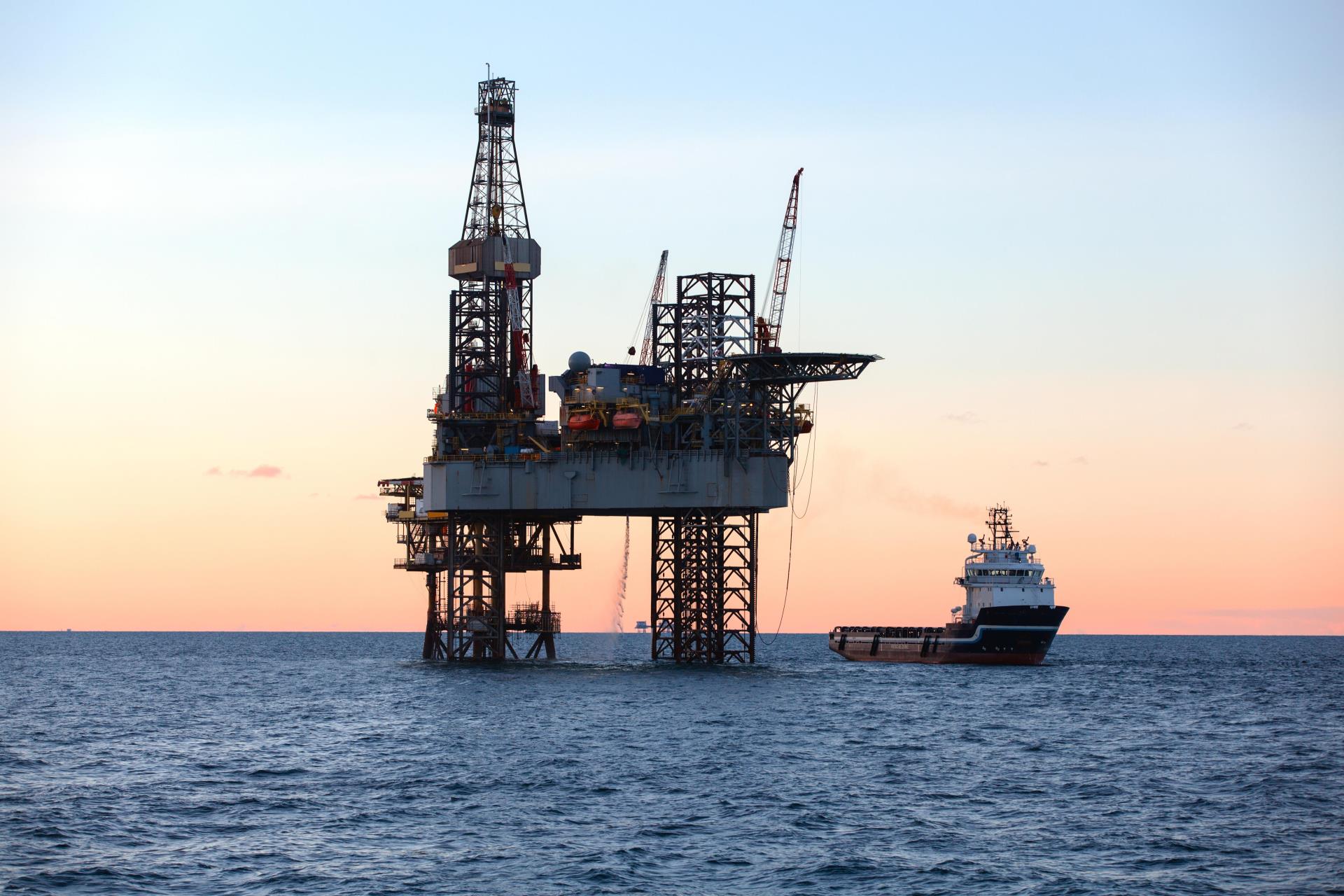 © Shutterstock / Lukasz Z
© Shutterstock / Lukasz Z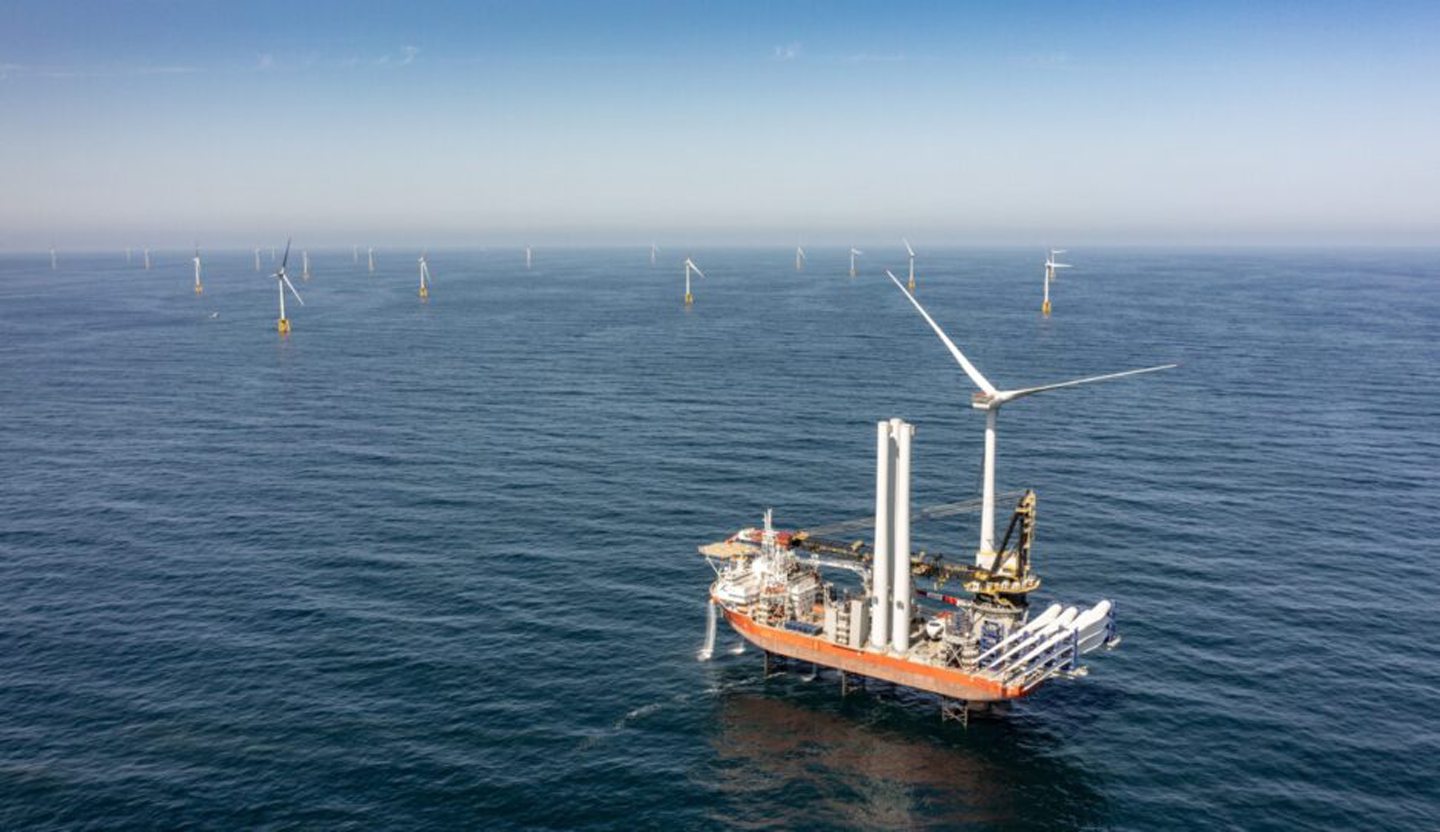 © Image: SSE Renewables
© Image: SSE Renewables